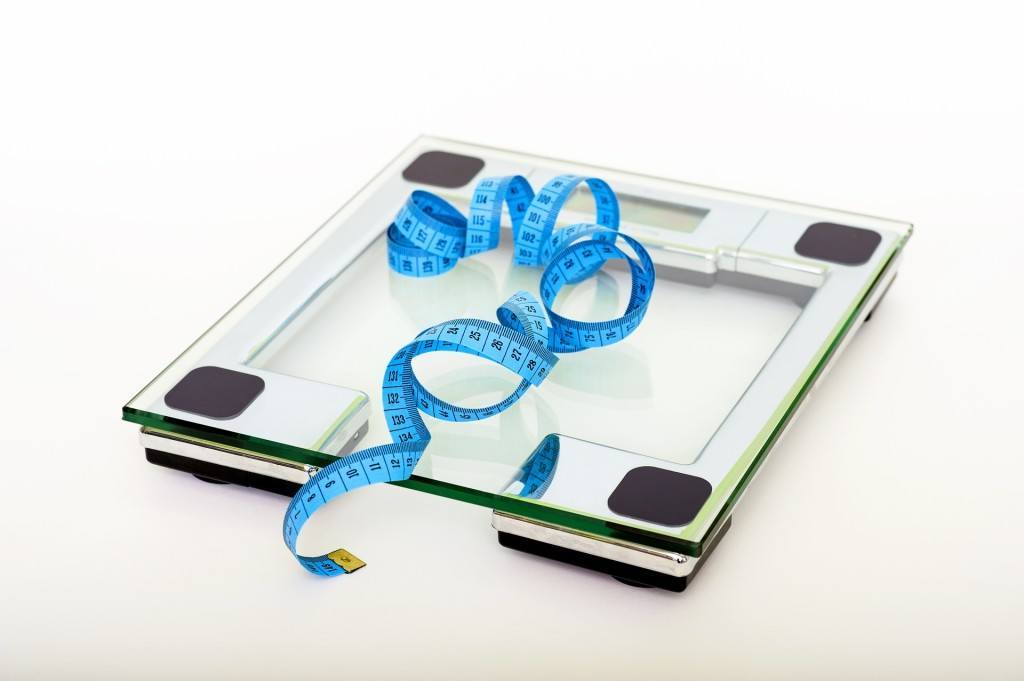
There is some evidence that a low-carbohydrate diet may help people lose weight more quickly than a low-fat diet (31,32)—and may help them maintain that weight loss.
- For example, POUNDS LOST (Preventing Overweight Using Novel Dietary Strategies), a two-year head-to-head trial comparing different weight loss strategies, found that healthy diets that varied in the proportions of different macronutrients (carbohydrates, protein and fats) worked equally well in the long run, and that there was no speed advantage for one diet over another. (33)
- The DIRECT study compared low-carb, low-fat, and Mediterranean-style diets and found that after 2 years, weight loss and maintenance were better for low-carb and Mediterranean-style diets as compared to low-fat diets.
- The diets also had different effects on heart disease risk factors.
The low-carb diet was most beneficial for lowering triglycerides, the main fat-carrying particle in the bloodstream, and also delivered the biggest boost in protective HDL cholesterol.
If interested in trying a lower-carbohydrate diet, try to include some fruits, vegetables, and whole grains for essential vitamins, minerals, and phytonutrients. (1) Learn more about healthy diets for weight loss.
Low carbohydrate diets and heart disease
Research shows that a moderately low-carbohydrate diet can help the heart, as long as protein and fat selections come from healthy sources.
- A 20-year prospective study of 82,802 women looked at the relationship between lower carbohydrate diets and heart disease; a subsequent study looked at lower carbohydrate diets and risk of diabetes. Women who ate low-carbohydrate diets that were high in vegetable sources of fat or protein had a 30 percent lower risk of heart disease (4) and about a 20 percent lower risk of type 2 diabetes, (34) compared to women who ate high-carbohydrate, low-fat diets. But women who ate low-carbohydrate diets that were high in animal fats or proteins did not see any such benefits. (4,34)
- More evidence of the heart benefits from a lower-carbohydrate approach comes from a randomized trial known as the Optimal Macronutrient Intake Trial for Heart Health (OmniHeart). (35) A healthy diet that replaced some carbohydrate with protein or fat did a better job of lowering blood pressure and “bad” LDL cholesterol than a healthy, higher-carbohydrate diet.
- Similarly, the small “EcoAtkins” weight loss trial compared a low-fat, high-carbohydrate vegetarian diet to a low-carbohydrate vegan diet that was high in vegetable protein and fat. While weight loss was similar on the two diets, study subjects who followed the low-carbohydrate “EcoAtkins” diet saw improvements in blood lipids and blood pressure. (36)
References
1. Mozaffarian D, Hao T, Rimm EB, Willett WC, Hu FB. Changes in diet and lifestyle and long-term weight gain in women and men. N Engl J Med. 2011;364:2392-404.
4. Halton TL, Willett WC, Liu S, et al. Low-carbohydrate-diet score and the risk of coronary heart disease in women. N Engl J Med. 2006;355:1991-2002.
31. Foster GD, Wyatt HR, Hill JO, et al. A randomized trial of a low-carbohydrate diet for obesity. N Engl J Med. 2003;348:2082-90.
32. Samaha FF, Iqbal N, Seshadri P, et al. A low-carbohydrate as compared with a low-fat diet in severe obesity. N Engl J Med. 2003;348:2074-81.
33. Sacks FM, Bray GA, Carey VJ, et al. Comparison of weight-loss diets with different compositions of fat, protein, and carbohydrates. N Engl J Med. 2009;360:859-73.
34. Halton TL, Liu S, Manson JE, Hu FB. Low-carbohydrate-diet score and risk of type 2 diabetes in women. Am J Clin Nutr. 2008;87:339-46.
35. Appel LJ, Sacks FM, Carey VJ, et al. Effects of protein, monounsaturated fat, and carbohydrate intake on blood pressure and serum lipids: results of the OmniHeart randomized trial. JAMA. 2005;294:2455-64.
36. Jenkins DJ, Wong JM, Kendall CW, et al. The effect of a plant-based low-carbohydrate (“Eco-Atkins”) diet on body weight and blood lipid concentrations in hyperlipidemic subjects. Arch Intern Med. 2009;169:1046-54.

